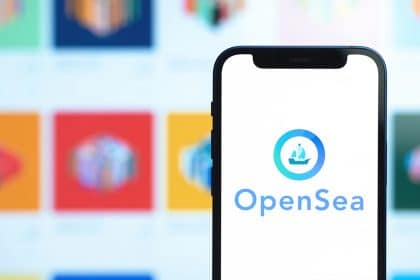OpenSea said that the shift will save users about $460 million in transaction gas costs every year. Besides, the Seaport protocol also provides OpenSea with greater flexibility to launch new features.
On Tuesday, June 14, NFT marketplace OpenSea made an important announcement with its decision to move to the open-source Seaport protocol. Currently, OpenSea is running on the Wyvern protocol and faces the issue of high transaction fees.
OpenSea believes that switching to Seaport could significantly reduce the transaction costs on its platform. As per the blog post, users can save a staggering 35% in gas fees for transactions. Based on last year’s data, all of the OpenSea users can collectively save a staggering $460 million.
Also, users also won’t need to pay a one-time setup fee. This alone would save them $120 million every year. However, the same is not true for NFT sellers. These sellers have to pay a one-time fee per collection to sell their NFTs on the platform using the new Seaport protocol.
Apart from being just gas efficient, the Seaport protocol is also more flexible in comparison to other Web 3 marketplaces. In its official blog post, OpenSea noted:
“Seaport is a game changer, it’s open source, inherently decentralized and a modern foundation that will help us (and any teams using it) build and release new features more quickly”.
Building New Features with Seaport
The Seaport protocol offers OpenSea the flexibility to build new features which were earlier impossible. Now, OpenSea can make Collection Offers i.e. offers on all items in a collection. Besides, users can also make Trait offers, on a group of items with specific attributes. To begin with, these Trait offers will only be available for the top-100 collections.
OpenSea also unveiled some of its future plans in the near term. It said:
Thanks to Seaport, we’ll be able to more quickly launch new features – like bulk listings – that will give you the ability to purchase many NFTs in a single transaction. Real-time creator fees will be available for multiple recipients. Creators will also be able to define their fees on-chain on a per-item basis with multiple payout addresses.
OpenSea has been one of the top NFT marketplaces hosting some of the most popular projects such as the Bored Ape Yacht Club (BAYC). This NFT marketplace has conducted transactions worth millions of dollars over the last year.
next